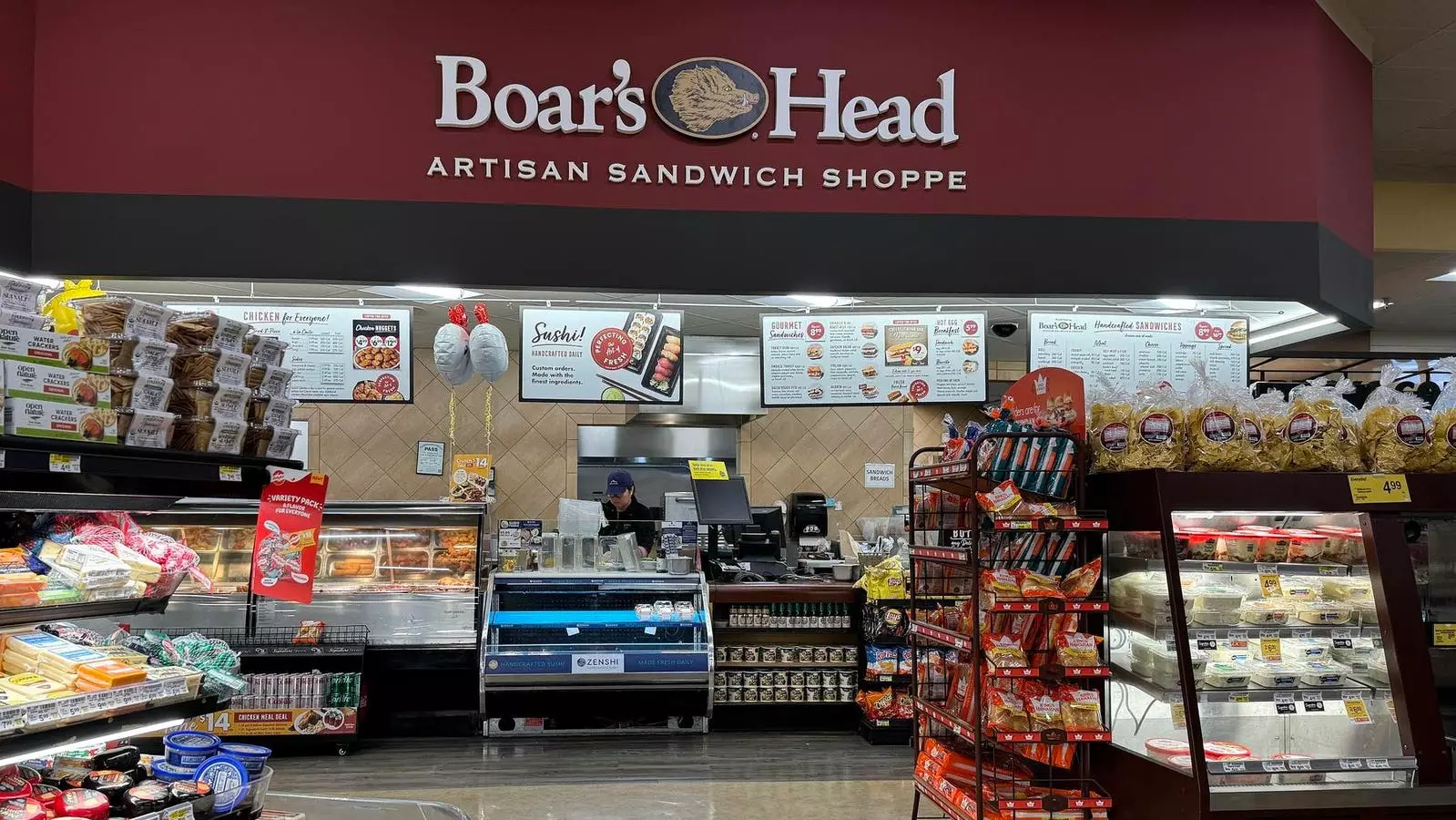In the realm of deli meats, few names resonate as strongly as Boar’s Head. Known for its wide array of premium deli products, the brand has carved out a substantial portion of the American market. However, beneath the shiny marketing campaigns and wholesome packaging lies a troubling narrative. Reports from former employees and industry insiders reveal a disturbing pattern of aggressive business behaviors that have fueled the company’s dominance. This article aims to peel back the layers of Boar’s Head’s retail strategy, exposing the allegations of intimidation and coercion that have reportedly become hallmarks of its operations.
Multiple former employees have come forward, painting a stark picture of the internal dynamics at Boar’s Head. They describe a corporate culture steeped in intimidation, where employees and distributors alike operate under pressure and fear. According to these sources, the manner in which the company interfaces with its network of independent distributors can be perceived as nothing short of “bullying.” This culture fosters an atmosphere of apprehension, where each layer from the distributor to the retailer feels compelled to conform to the company’s demands — or face the risk of severed contracts or lost business opportunities.
The implications of such tactics stretch beyond just a few disgruntled employees. If reports are accurate, the resulting fear mentality impacts not only the quality of workplace culture but also the broader market dynamics. Retailers, it seems, often find themselves in a precarious position, forced to comply with Boar’s Head’s demands under the threat of losing the profitable ties they share with the brand. This creates an uneven playing field where smaller, independent brands struggle to compete fairly, stifling competition and innovation in the deli meat sector.
Notably, Boar’s Head’s assertions rejecting these charges deserve consideration, yet one must question whether their denial is simply a public relations maneuver aimed at protecting their image. The reality is that intimidation within corporate structures often exists in subtler forms, complicating the narrative and making it difficult to draw a clear line between aggressive business strategies and unethical practices. The choice to prioritize profit over ethical practices points to a disturbing trend in the food industry that has far-reaching consequences.
Broader Implications for Food Policy and Sovereignty
As the conversation about food ethics and corporate responsibility gains traction in the public sphere, it becomes essential to reevaluate the foundation on which the food industry stands. The looming 2024 U.S. presidential election further exacerbates the issue of food sovereignty. In this climate, topics such as hunger, ethical sourcing, and the responsibility of large corporations are often sidelined in favor of more sensational headlines. This negligence continues to foster an environment where the practices of industry leaders go unchallenged, ultimately jeopardizing food security for the average consumer.
Emerging discussions around food policy emphasize the need for a system that empowers local producers and promotes sustainable practices. The problems highlighted by former Boar’s Head employees illustrate a microcosm of broader industry challenges—where centralized power can lead to tacit complicity in harmful practices. It’s evident that as consumers become increasingly aware of how their food is produced, a collective demand for transparency and accountability in the food supply chain is on the rise.
So, what can be done? Consumers, policy-makers, and industry leaders must collectively advocate for a paradigm shift towards ethical practices that prioritize both quality and fairness. Elected officials should address these pressing issues in their platforms, pushing for policy changes that hold corporations accountable for their treatment of employees and partners. Greater transparency in supply chains could also pave the way for informed choices for consumers, thereby fostering a more conscientious market.
In the end, while Boar’s Head may stand tall as a name synonymous with quality deli meats, the need for introspection within the food industry is imperative. By shedding light on these troubling practices, we can work toward a more sustainable and equitable food system for everyone.

